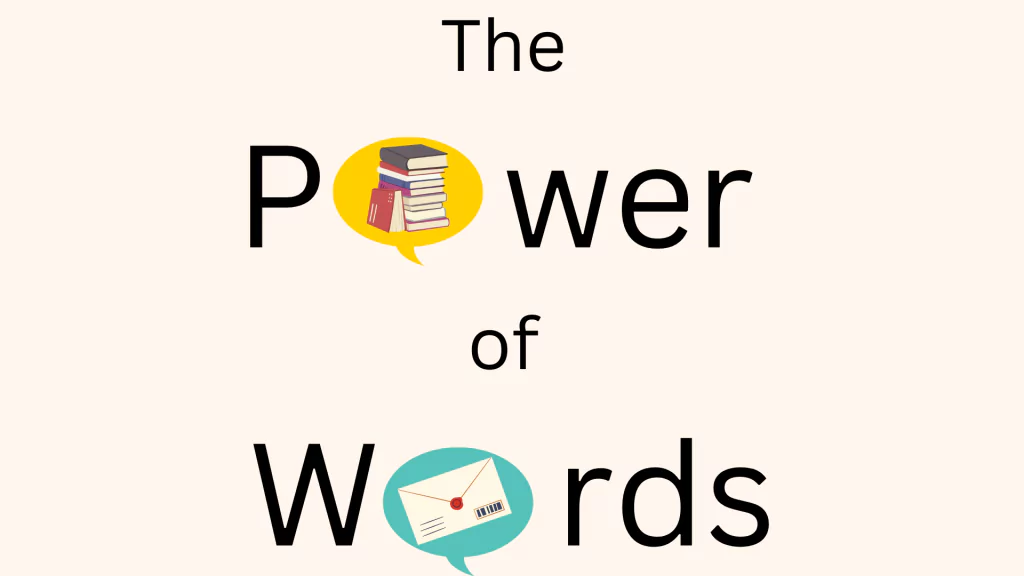The evolution of literary styles and writing advice has seen significant shifts in the characterization of protagonists throughout history. Comparatively, the 21st century places a heavy emphasis on creating compelling, relatable, and likable characters from the onset, engaging readers immediately. On the other hand, classic literature often presents a bland narrator, primarily serving to convey the story rather than being intriguing themselves. Yet, these narrators often recount enthralling tales, stirring up reader interest in spite of their lackluster personalities. The dichotomy between these approaches raises a broader question about writing evolution and its implications. This exploration will shed light on the changing literary norms, the varying reader expectations across periods, and how these factors are molding the art of storytelling.

✅ AI Essay Writer ✅ AI Detector ✅ Plagchecker ✅ Paraphraser
✅ Summarizer ✅ Citation Generator
Key Takeaways:
- Writing influences readers’ perspectives and societal norms.
- The written word shapes societies and fosters global connectedness.
- Writing serves as a tool for self-discovery and personal growth.
Idea 1: The Imperative of Reader Engagement
Historically, many renowned novels were read chiefly because of their fame rather than their ability to capture readers from the very first page. However, in the modern era, this dynamic is rapidly changing. With a saturated book market and a vast array of options, writers are encouraged to captivate their audience as soon as possible to prevent them from seeking alternatives. Techniques like cliffhangers, injecting relatable flaws in protagonists, and starting the story in medias res are often employed to maintain reader engagement. As C. S. Lewis beautifully demonstrated in The Voyage of the Dawn Treader, the intriguing introduction of the protagonist Eustace Clarence Scrubb immediately piques interest.
Yet, this does not mean that the conventional advice to write well and deliver good stories is obsolete. It has been noted that many famous books are esteemed not for their compelling openings, but due to their enduring narratives. Thus, this raises the notion of ‘advanced readers’ who are willing to invest in these novels despite their slow-starting nature. This spectrum of reader engagement emphasizes the necessity of versatile storytelling.
Idea 2: Protagonist Characterization
Characterization has always been a central element in literature. While the focus was more on the story in the classics, modern writing seems to dwell on the characters’ development. A comparison between Sherlock Holmes and many contemporary novels perfectly illustrates this shift. In the former, the characters are more of vessels serving the progression of the story. In contrast, many contemporary narratives revolve around the growth and transformations of their protagonists.

However, this shift towards character-centric storytelling has been criticized by some who argue that the need to humanize and make characters relatable often overshadows the storyline itself. It’s been suggested that modern writing advice is more about creating a commercial product to appeal to a broad audience, rather than focusing on the art of storytelling. While this does not completely invalidate the importance of compelling characters, it invites writers and readers alike to reconsider the balance between character development and plot progression.
Idea 3: The Power of Words
The power of words is indisputable, and through the medium of writing, this power is manifested in various profound ways. Writing serves as an extension of human thought, enabling the expression of ideas, beliefs, and emotions that might otherwise remain unarticulated. The effectiveness of writing lies in its ability to evoke a spectrum of responses, which can range from instilling knowledge to stirring empathy, or from inspiring action to providing comfort.
Every piece of writing, irrespective of its nature, holds the potential to impact its reader. Literary works, for instance, serve as windows into diverse worlds, perspectives, and experiences, enriching readers’ understanding and broadening their worldview. Novels, poems, essays, or short stories can reflect society’s nuances, critique its shortcomings, celebrate its triumphs, or simply provide an escape into the realm of imagination. By doing so, they influence readers’ thoughts, attitudes, and perceptions, subtly shaping societal norms and values over time.

Moreover, writing is instrumental in preserving history, promoting cultural exchange, and facilitating social and political movements. Historical records, autobiographies, and journalistic pieces capture the essence of times past and present, providing invaluable insights for future generations. Meanwhile, the written word’s global reach enables the sharing and understanding of diverse cultures, fostering global connectedness. Additionally, powerful pieces of writing have often been catalysts for change, sparking revolutions, advocating for rights, and giving voice to the voiceless.
Furthermore, on a personal level, writing can be a therapeutic outlet for emotions, a tool for introspection, and a means of personal growth. The act of writing can bring clarity to one’s thoughts, help confront one’s fears, and aid in making sense of one’s experiences.
In essence, the power of writing is multi-dimensional, extending far beyond the boundaries of the written page. It is an influential force that shapes individuals and societies alike, proving that indeed, ‘the pen is mightier than the sword.’
Follow us on Reddit for more insights and updates.





Comments (0)
Welcome to A*Help comments!
We’re all about debate and discussion at A*Help.
We value the diverse opinions of users, so you may find points of view that you don’t agree with. And that’s cool. However, there are certain things we’re not OK with: attempts to manipulate our data in any way, for example, or the posting of discriminative, offensive, hateful, or disparaging material.